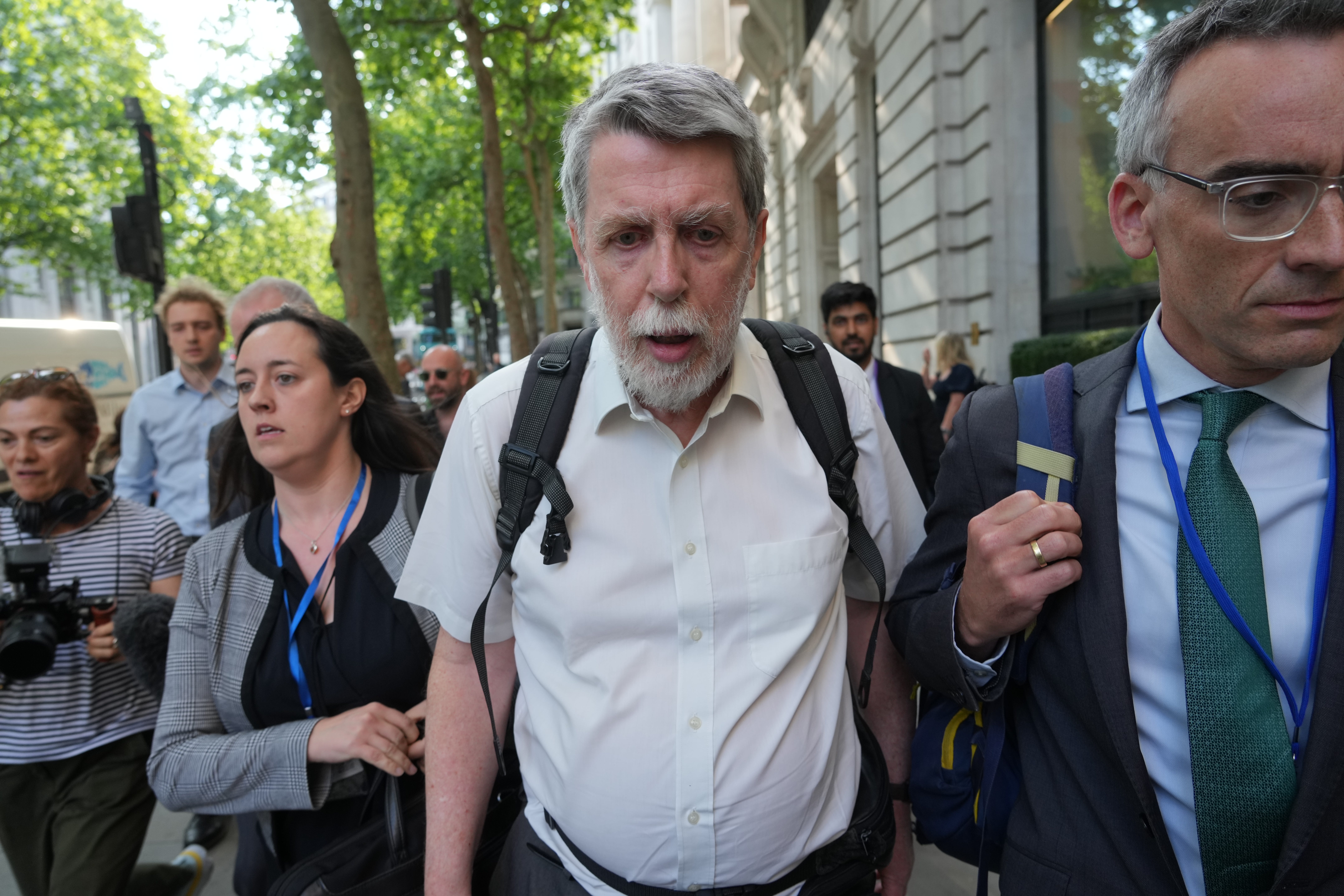Ex-Fujitsu engineer denies knowing ‘gory details’ of Horizon remote access
Gareth Jenkins told the Post Office Horizon IT Inquiry he thought any remote access would have been visible to subpostmasters.

A former senior Fujitsu engineer has denied knowing the “gory details” of remote access to the faulty Horizon system which caused Post Office subpostmasters to be falsely accused of having taken money from branch accounts.
Gareth Jenkins told the Post Office Horizon IT Inquiry he thought any remote access would have been visible to subpostmasters and could be distinguished from changes made by third parties, although he acknowledged he knew it was “theoretically possible” this might not always be the case.
Mr Jenkins worked at Fujitsu, formerly known as International Computer Limited, for the whole of his professional career before retiring in 2015, and had been a “distinguished engineer” since the mid-1990s.
His evidence about the Horizon system was used in the prosecutions of many subpostmasters, including Seema Misra, who was given a 15-month prison sentence in November 2010, when she was eight weeks pregnant.
Previous witnesses to the inquiry have claimed Mr Jenkins may have committed perjury due to his failure to disclose knowledge of bugs in the Horizon system to the subpostmasters.
He is currently the subject of a Metropolitan Police investigation on suspicion of perjury and perverting the course of justice.
Mr Jenkins told the inquiry he only found out in 2018 that remote access from third parties, such as Fujitsu, could be indistinguishable from changes made by subpostmasters.
Pressed by counsel to the inquiry Jason Beer KC as to how he had formed this view, Mr Jenkins said it had emerged from “informal conversations” with staff at Fujitsu’s software support centre (SSC).
The inquiry was shown a witness statement from Second Sight forensic accountant Ian Henderson in which he alleged Mr Jenkins had told him in 2012 that Fujitsu “routinely used remote access to branch terminals” without subpostmasters’ knowledge or “explicit” consent.
This included generating “keystrokes that were indistinguishable from a subpostmaster accessing the terminal directly”.
Mr Jenkins said he did not “think I would have said that” but added that the general details of remote access were accurate.
He said it was correct “that there was remote access, yes, but not in terms of the gory details”.
Mr Jenkins also said he “always knew it was theoretically possible” that changes made by Fujitsu could be mistaken for a subpostmaster’s if, for example, they were logged in at the same time.
Mr Beer asked: “So, you knew the SSC had the facility to tamper with branch accounts?”
Mr Jenkins said: “I don’t think I’d call it tampering, but, yes, I understand what you’re saying.”
He added that he thought Fujitsu would “have been using that facility responsibly and doing it when they needed to correct errors that had occurred in the branches”.
On Tuesday, Mr Jenkins told the inquiry he did not recall receiving a letter from law firm Bond Pearce sent to Fujitsu in 2005 laying out the duties of an expert witness and said he would “have done things differently” in later cases – including that of Ms Misra – if he had.
But the inquiry was shown the original version of an email sent to Mr Jenkins the following year which contained the letter as an attachment.
It concerned a request for his expert testimony in the case of Lee Castleton, who was made bankrupt after he lost his legal battle with the Post Office. Mr Jenkins was later told he would not need to give evidence.
Mr Beer said the email proved he had received the letter, asking the engineer: “Do you remain of the view, that you expressed yesterday, that, if the letter had been sent to you, you would have read all of it and not just half of it?”
Mr Jenkins replied: “I would probably have skimmed through it but clearly it hadn’t stuck in my mind beyond the time … so, yes, I probably would have opened it up and read it but I have no recollection of doing that.”
He added: “I probably would have read all of it but I probably didn’t read it in detail and obviously it didn’t stick in my mind and I’m sorry if I misled you yesterday to suggest that it would have stuck.”
More than 700 subpostmasters were handed criminal convictions between 1999 and 2015 when errors in the Post Office’s Horizon IT system meant money appeared to be missing from many branch accounts when, in fact, it was not.
It has been branded the biggest miscarriage of justice in British legal history.
Mr Jenkins is due to give evidence for four consecutive days up to Friday, the longest run of questions any witness has faced so far.
The inquiry continues.
Bookmark popover
Removed from bookmarks